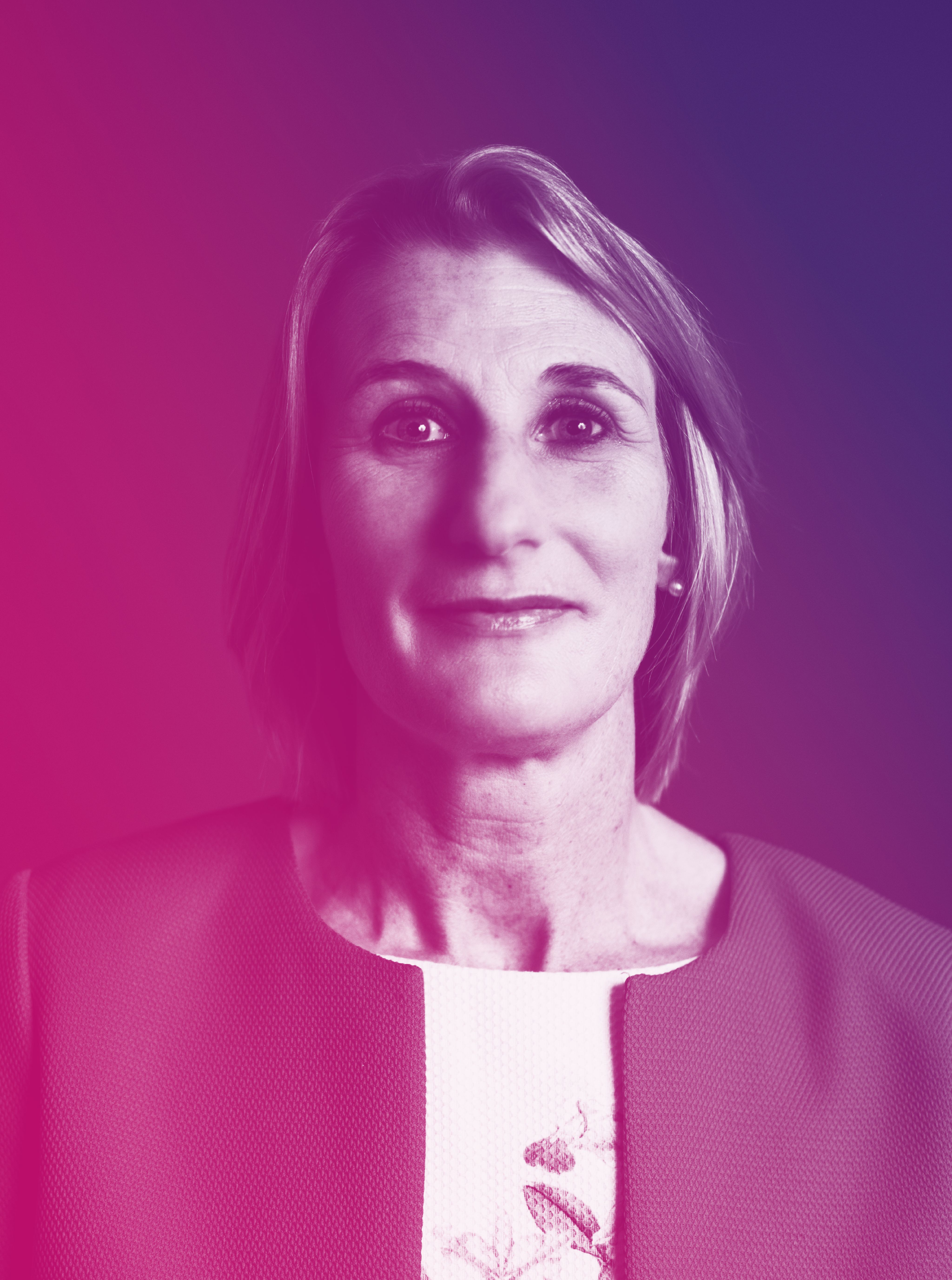What next for business?
How purpose-driven individuals and organisations will drive innovative business models of the future

With the world facing monumental challenges, the business models of the past are no longer fit for purpose. We need a radical rethink; Professor Jan Godsell shares her vision of a more purpose-driven future – with business schools playing a central role.
Business and industry have always been in a state of evolution – or revolution – with new technologies and societal developments changing the way we work.
If we look at how industry developed here in the UK, for example, we moved from craft to mass production, largely because we had the energy resources in coal, the technical capabilities and the supply chains to do so.
The global reach of businesses meant that we could then start getting raw materials and convert them through manufacturing processes. And if we could make things cheaply enough, then more people could afford to buy them – and if more people could buy them, then the economy would grow.
The problem is though that, recently, this strategy of consumption-driven economic growth has caught us out. Because, by making things ever more cheaply, we’ve started to realise we’ve been exploiting our planet and our people.
We have exploited our planet because we can’t just keep taking resources out of the ground and dumping them into landfill. And we have exploited our people because driving down the cost of things has meant that there's often not a fair wage across the end-to-end supply chain, and various parts of that supply chain can end up being exploited.
Not only that, consumption-driven growth has led to inequalities, both within countries and globally, as areas with raw materials, labour and skills readily available hold a natural advantage. So, while the UK experienced the industrial revolution thanks to the ready availability of coal and resources, other countries got left behind.
To sum up, what got us to this point won’t get us where we need to go next.
The economic climate, and the drive to net zero emissions, mean that we are now entering a different stage of our industrial evolution. One where we can no longer pursue the consumption-driven economic model, but where we need to radically rethink the way we do business. In short, we need to find ways to still support economic development, while balancing the economy, the environment and society.

“Business schools must be a driving force in shaping what happens next, with future-focused research and education.”
So change is coming. And what that looks like for each organisation will naturally vary. But from all the work we’ve been doing on sustainable innovation here at Loughborough Business School – and that I’ve been doing in my own research on supply chains – we can see a few key trends beginning to emerge.
Firstly, I’d say business in the future is going to be strongly underpinned by industrial decarbonisation. And that critical to this more environmentally-and-socially-focused way of working will be different types of business model that better support the principles of a more circular economy.
Secondly, the siloed approach we still see all too often today is likely to begin being replaced with more of an interconnected ecosystem. I think we’ll see more symbiotic relationships emerging between different players – for instance where one person’s waste might become another person's raw material.
And thirdly, things should start moving down a more transdisciplinary path, too – with finance players, insurance players, materials producers and manufacturers all working together to balance their economic, environmental and social goals.
Clearly, to succeed in this new environment, businesses will need to innovate and adapt quickly. And business schools must be a driving force in shaping what happens next, with future-focused research and education.
Organisations will need access to new ideas and skills, and we are building our research and teaching programmes at Loughborough with this future focus firmly in mind. Our new strategy is all about supporting purpose-driven individuals and businesses to pursue an agenda that doesn't just focus on personal remuneration or profit.
We are co-creating research that unlocks the potential of these more sustainable and balanced ways of working. And we are making sure our students are brilliantly equipped to meet the organisational and policy challenges of the future – with expertise in everything from design and systems thinking to socially inclusive societies and digital technologies.
Ultimately, we are on the cusp of a new era – and organisations will need a degree of bravery to throw themselves in, and step away from the models of the past.
But by working with academia and other partners, by co-creating new solutions, and by tackling the challenges that emerge together, organisations can be poised to fully embrace the huge possibilities offered by the circular economy, sustainable business and employee wellbeing.
And together we can look forward to a fairer, more responsible and more sustainable future, where growth and opportunity will no longer be driven by local advantages, but will be equally available to communities and countries all over the globe.

If your organisation is ready to step into a new kind of future, we invite you to get in touch.
Our culture at Loughborough facilitates provocation and inspiration – in a supportive, nurturing environment. So we encourage organisations and our alumni to contact us to discuss the challenges they face. A fresh perspective from Loughborough Business School could make a real difference.

Share this page
